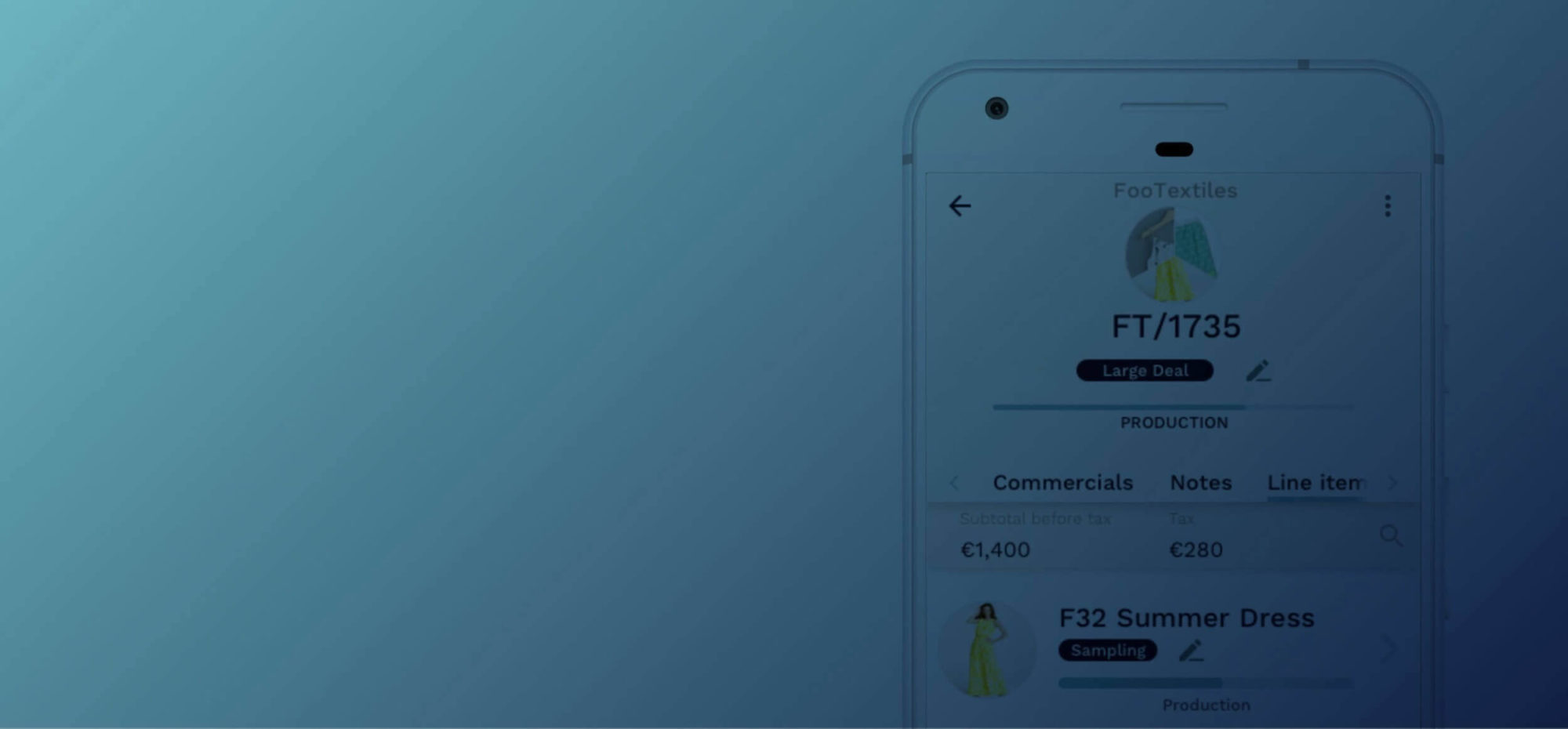Resonance

Every day $96 billion dollars’ worth of raw materials and goods are exchanged between manufacturers, distributors, freight and retailers through a vast, global network. However, because most tracking and business management takes place on whiteboards and in spreadsheets, Resonance developed a platform that enables supply chain businesses to work together more effectively, delivering real-time business intelligence and bottom-to-top collaboration. This is critical as supply chains deliver 52% of the world’s GDP and over the next 10 years they will be digitally transformed into an interconnected global network. Resonance wants to be the company that wins that race.
The challenge
As ‘MassChallenge Programme’ winners, a business accelerator, Resonance was asked by Digital Catapult to join their Showcase Programme. Although the company and the development of its digital supply chain solution was progressing well, Resonance needed to capitalise on tapping in to the knowledge base of many of the larger corporates in the supply chain industry. The company earmarked this association as being mission critical if it was to take the efficiency of its supply chain solution to the next level.
The solution
Digital Catapult’s focus at that particular time was on unlocking data, therefore Resonance felt that the association was a perfect match especially when considering the area of business it was involved in.
Digital Catapult helped Resonance secure connections with one of the world’s biggest insurance companies and Thales, a French multinational company that designs and builds electrical systems and provides services for the aerospace, defence, transportation and security markets. Through the positive working relationship, Resonance worked closely with the insurance giant to discover where the gaps in its supply chains existed and pointed out how by digitally networking those supply chains, the issues could be solved.
This prompted the insurance company to conduct its own research into the value of digitally networking their supply chains. Through this research, it estimated that the cost of non-payment and non-delivery within supply chains was $500bn per year, losses that are currently uninsured. Resonance pointed out to it that its platform would give insurance companies access to this market for the first time.
Further to that, Resonance used a range of Digital Catapult events to learn from the success of other startups and also tap into the knowledge base of Digital Catapult staff, mostly about Cyber Security and other supply chain challenges. Plus, Resonance now benefit from a recent association with the blockchain company, Sweet Bridge.
The end product of all of that hard work and networking is that Resonance now have a platform that they are able to market. Already they have two UK based companies signed up to use it and in late January 2018, Resonance will start onboarding a coalition of 20 fashion brands, their India-based supply chains, and a farm group representing 10,000 farming families in India.
The results
After winning the MassChallenge Programme and joining the Digital Catapult Contributor Programme, things have certainly progressed for Resonance. Today it has:
- Raised £258,000 in angel funding.
- Been accepted onto the Techstars/Metro accelerator in Berlin to work with them to help further develop Resonance’s supply chain solution, in particular the distributed ledger technology.
- Secured up to €120,000 in funding as part of its acceptance onto the Techstars/Metro accelerator.
- Begun onboarding the first two UK factories on the programme and have a substantial pipeline of upwards of 20 global businesses wanting to join.
- Grown the company from 2 to 9 full time employees.
As a future initiative, Resonance is looking to work with Digital Catapult as partners for Horizon 2020 funding to enable high-end R&D work focussed on the supply chain and blockchain elements of its work.
Digital Supply Chain
Digital Catapult has already helped a number of large manufacturing organisations to embark on widespread digitisation programmes. This has included improving businesses’ ability to work differently with supply partners. The emphasis has been on how to engage with wider ecosystems of small, specialist companies, including early stage startups with fragile business processes and cash flows. In many cases this is about establishing a new corporate culture based around open innovation.
Accepted onto the Techstars/Metro accelerator that will help further develop its supply chain solution
On boarded 2 UK factories on the programme and has a pipeline of 20+ global businesses wanting to join
Grew from 2 to 9 full time employees